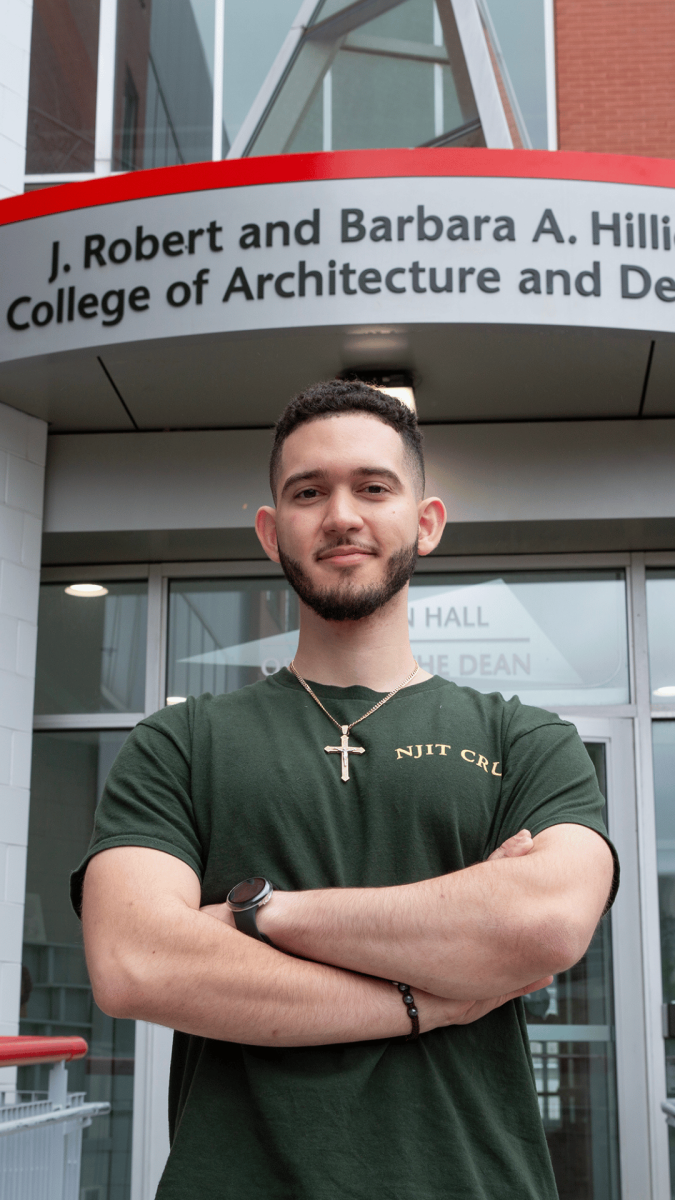Degree Overview
- Delivery Format: on-campus
- Required Credits: 30
Program Details
The M.S. in Applied Mathematics program offers students a unique opportunity to continue advanced study of application-oriented mathematics from leading experts in the field, and to encounter the vital process of applied research — much of it sponsored by government agencies and industry. Through activities, such as a regular colloquium series and seminars, developed in close collaboration between the Department of Mathematical Sciences and the Center for Applied Mathematics and Statistics, students will be exposed to the latest innovations in the mathematical sciences.
Students and/or graduates of the Applied Mathematics M.S. program will exhibit the following:
- Professionalism: Our students prepare to become leaders and cultivating effective communication, collaboration, and networking skills to successfully tackle the increasingly interdisciplinary nature of problems that arise in science and engineering.
- Mathematical Expertise: Students will gain advanced understanding of quantitative, computational, and numerical skills required to launch a successful a career in the mathematical sciences or related field.
- Commitment to Development: Students will learn to value the relationship between scientific inquiry, lifelong learning, and professional responsibility in their careers, as well as in their pursuit for a doctoral degree in mathematical or related sciences.
What You Will Learn:
Graduates of the program are trained with quantitative and analytical skills necessary to succeed in positions in industry, education, government and more. The program also provides students with the credentials they need for acceptance into first-class Ph.D. programs in the mathematical sciences or allied disciplines.
The learning outcomes expected of graduates from the Applied Mathematics M.S. program include:
- Ability to apply knowledge of mathematics and mathematical methods.
- Ability to identify well-defined features of quantifiable systems.
- Ability to formulate a mathematical model of a quantifiable system.
- Ability to use mathematics to solve a mathematical model or problem. In particular, an ability to extract quantitative data and information from a mathematical model.
- Ability to distinguish between a good (or well-founded) mathematical model and a bad or (poorly-founded) model.
- Ability to communicate effectively. In particular, an ability to communicate concepts and methods of applied mathematics, and their relation to problems in other science and engineering disciplines.
- Ability to work effectively, both independently and as part of an interdisciplinary group.
- A recognition of the need for and an ability to engage in lifelong learning.
Admissions & curriculum
Applied Mathematics Salaries
Mid-Career Salary, National Average
In 2016, 71 percent of master’s degree-holders in Applied Mathematics are “highly satisfied” with their career.
Where do Applied Mathematics majors work?
- Mathematician
- Senior Software Engineer
- Operations Manager
- Senior Systems Analyst
- Gaming Laboratories Int'l.
- PSE&G
- Bank of America
- S&P Global
-
 I have a long list of things I’m grateful for at NJIT, but the people I’ve met here would be at the top of it. "Anna Jezewska
I have a long list of things I’m grateful for at NJIT, but the people I’ve met here would be at the top of it. "Anna Jezewska -
 Getting a degree from a great school like NJIT gave me the opportunity to choose the job I wanted."Seif Issa
Getting a degree from a great school like NJIT gave me the opportunity to choose the job I wanted."Seif Issa -
 NJIT was my dream school."Hilsson Angeles
NJIT was my dream school."Hilsson Angeles

